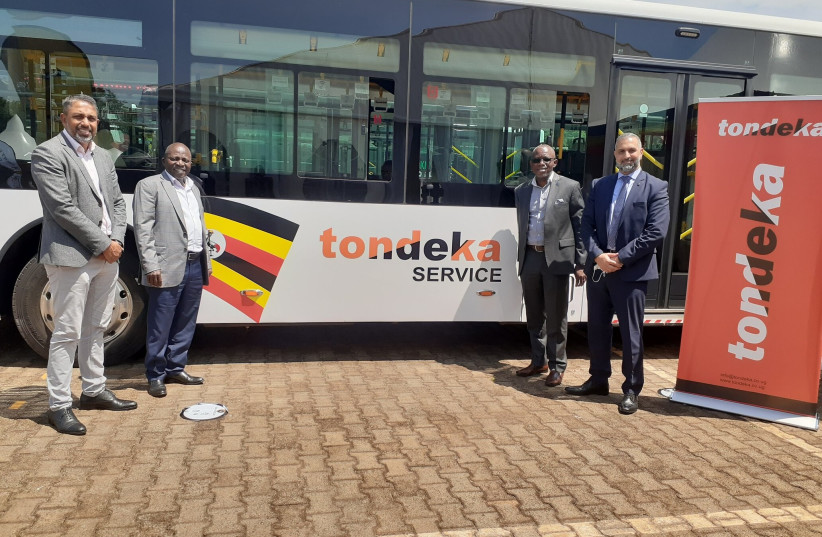Israeli company Optibus will partner with Ugandan company SCINTL to manage the first public bus network in its capital, Kampala. The project is organized by Tonkeda Metro Company and sponsored by the World Bank. What is more, it is expected to create more than 12,000 jobs locally by 2025.
The fleet is expected to grow to 3,000 vehicles over the next few years, and to be 100% electric within a decade. TMC will use Optibus' software to plan routes, timetables and optimize resource allocation.
“We are thrilled to join this pioneering partnership to build Africa’s most technologically advanced bus fleet and bus operations solution. Millions of Ugandans will finally have access to the safe, reliable public transportation they deserve, powered by the market’s most sophisticated software solution. Optibus is proud to support Kampala in becoming a model city for transportation infrastructure,” said Amos Haggiag, CEO and co-founder of Optibus.
Currently, Kampala's over 1.5 million residents travel on mini-buses and motorbike taxis that do not operate on set schedules and frequently change their pick-up and drop-off points. Fares, too, fluctuate, and passengers are forced to confront unpredictable wait times in extreme heat or heavy rain. Fortunately, the public bus network will not only lighten these burdens, but it will also improve air quality and reduce traffic accidents in Kampala.
“SCINTL will provide vital local support and the requisite infrastructure, together with Optibus, to provide a one-stop solution that encompasses transport optimization for large transport fleets. This will provide travelers with efficient services and revolutionize fleet management in conjunction with Optibus’ platform,” said Cephas T. Bushuyu, managing director for SCINTL.

Kevin Short, head of technology at TMC, added: “This is a great opportunity for Uganda and Africa at large, and a gamechanger in the transportation industry.”
